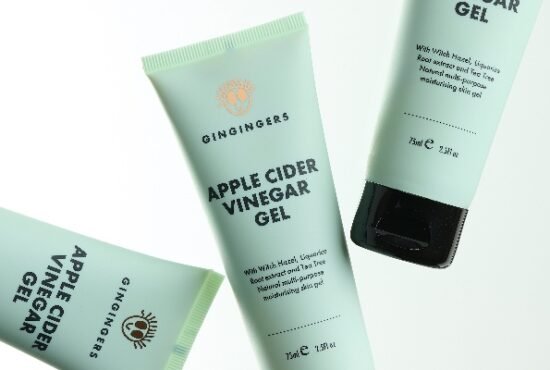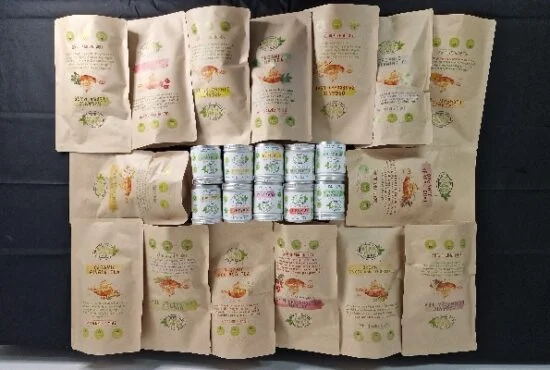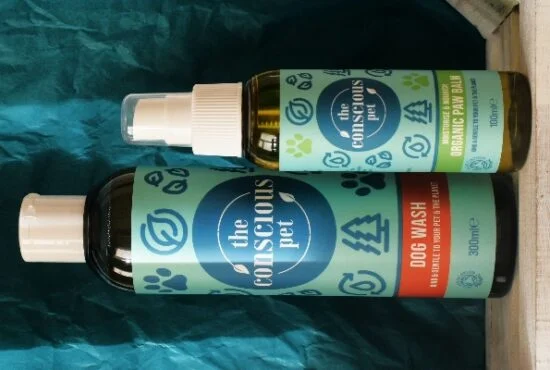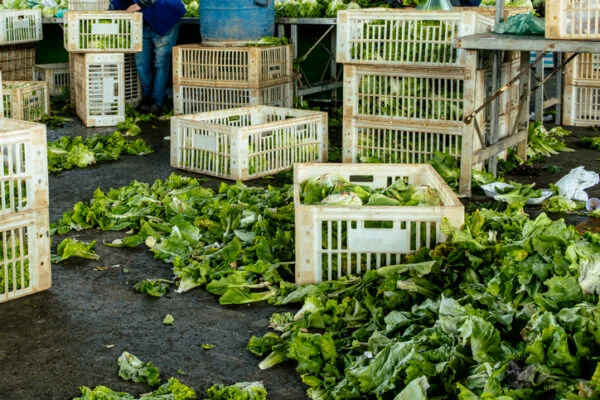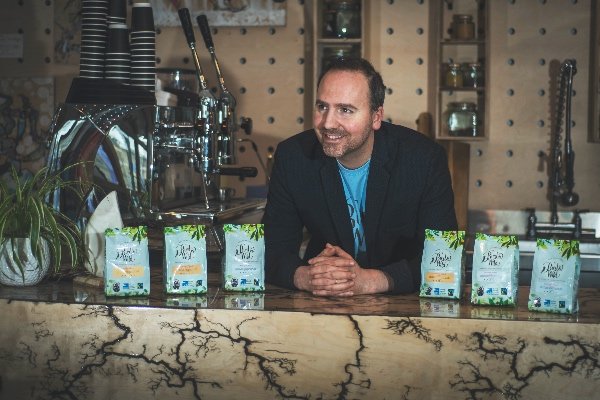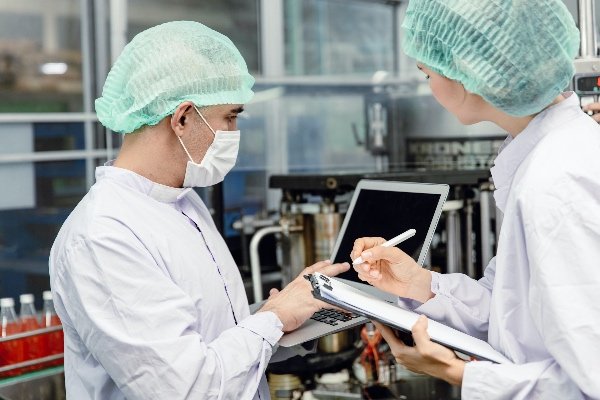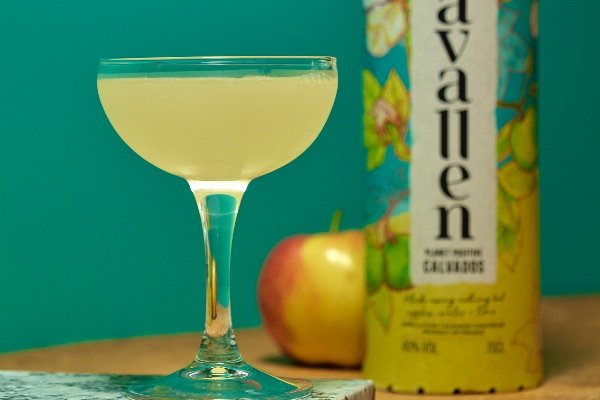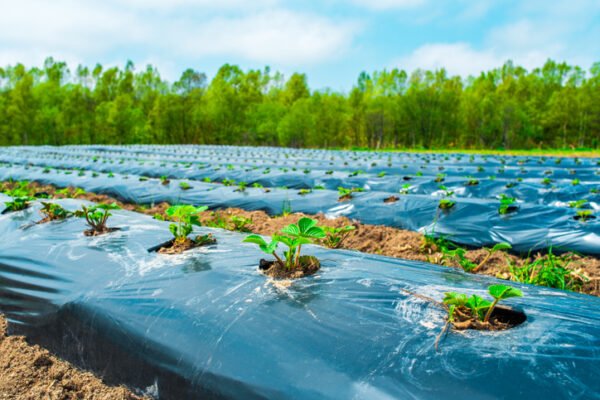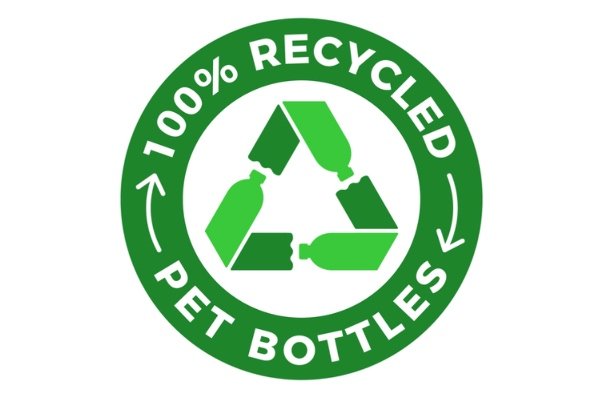Acid water, alkaline water, ionised water — and now hydrogen water, the latest in a string of miracle waters designed to heal and nourish the human body. So what’s the deal with this new twist on the most vital of human drinks, and can anything really beat plain old water when it comes to hydration?
Hydrogen water is a new health product that’s hitting UK shores with a string of VIP endorsements behind it — from royal families and politicians to celebrities and those ‘generally in the know’. The grouping of celebrities and politicians with ‘those in the know’ is the first thing to question. The second is whether enriching H2O with H2 can genuinely be said to have any positive biological benefits.
While it’s a relatively new phenomenon in the UK and Europe, hydrogen-enriched water is pretty popular in Japan, where it’s believed to slow down oxidation processes in the human body. Additional claimed benefits are rehydration, energisation and detoxification.
We all know the dangers of dehydration; it’s a primary cause of hospitalisation for the elderly and has been linked to infections and a decline in cognitive and athletic performance. The body’s cells must be kept hydrated in order to function, communicate, signal, metabolise and everything else. But why do we need extra hydrogen in our water?
‘Therapeutic’ effects
According to Prof. Tyler Le Baron, Molecular Hydrogen Institute, hydrogen gas has been shown to have a therapeutic effect on over 70 human diseases. Dr Hidemitsu Hayashi developed his Water Regulating Theory in 1995, working on the basic premise that oxidation brings about sickness, and reduction restores us back to health again.
Dr Hayashi explains that, because living organisms originated in water, all the necessary conditions for their birth and survival should also exist in water. He continues that oxidation by active oxygen can cause every disease — from deactivating enzymes in the cells to damaging DNA and destroying lipid membranes.
The ‘ideal antioxidant’
In contrast, active hydrogen should be the ideal antioxidant to bring about recovery. Dr Hayashi highlights that, while vitamin C — or ascorbic acid — is a known antioxidant, when oxidised it produces dehydroascorbic acid, which might damage DNA. In contrast, after the reduction of active oxygen, active hydrogen derived from hydrogen-rich water makes nothing but H2O, eliminating the risk of side-effects.
An interesting paper was submitted by Happe in January 1997. In it, he said that the oldest life forms, Desulfovibrio gigas, had developed an enzyme to activate hydrogen 3.8 billion years ago. The hydrogenase enzymes split molecular hydrogen into atomic hydrogen — but it wasn’t clear why it had been necessary for these microbes to develop such an enzyme. It may well have been to produce active hydrogen to combat the active oxygen that might threaten their existence.
Unfortunately, the water we drink and depend on is ‘hydrogen-poor’; it can’t reduce active oxygen and Dr Hayashi believes it causes various illnesses as a result. While Desulfovibrio gigas developed hydrogenase in order to obtain active hydrogen and fight against active oxygen, our ancient ancestors were compelled to develop their own procedures to fight against active oxygen.
 Play Video about This Rock Might Just Save The World
Play Video about This Rock Might Just Save The World Play Video about Play 2 hours of rock
Play Video about Play 2 hours of rock Play Video about Play 2 hours of brook
Play Video about Play 2 hours of brook Play Video about Play 2 hours of sheep
Play Video about Play 2 hours of sheep











